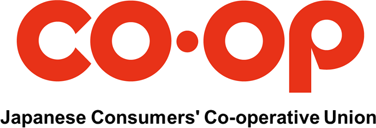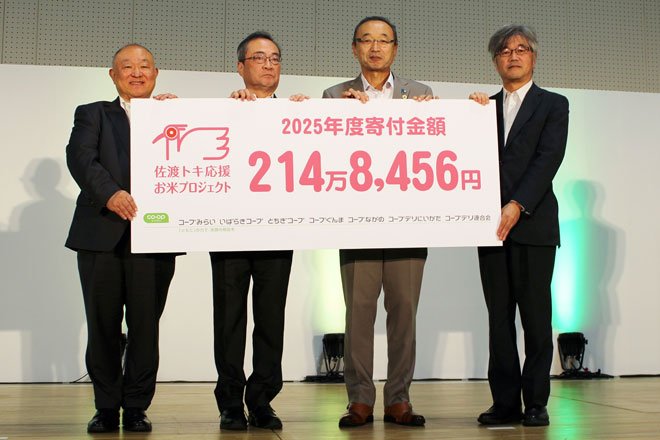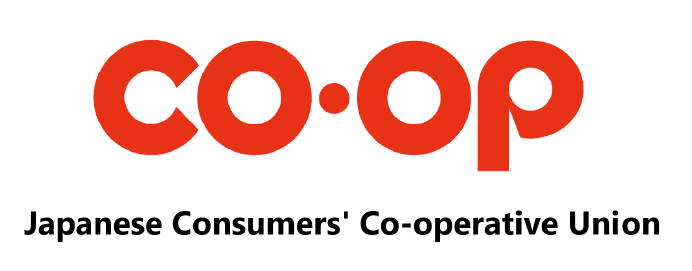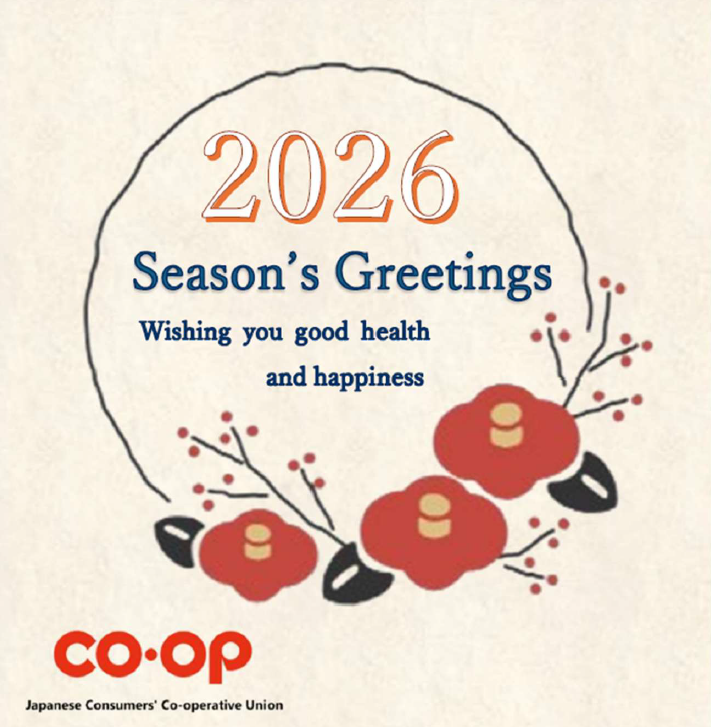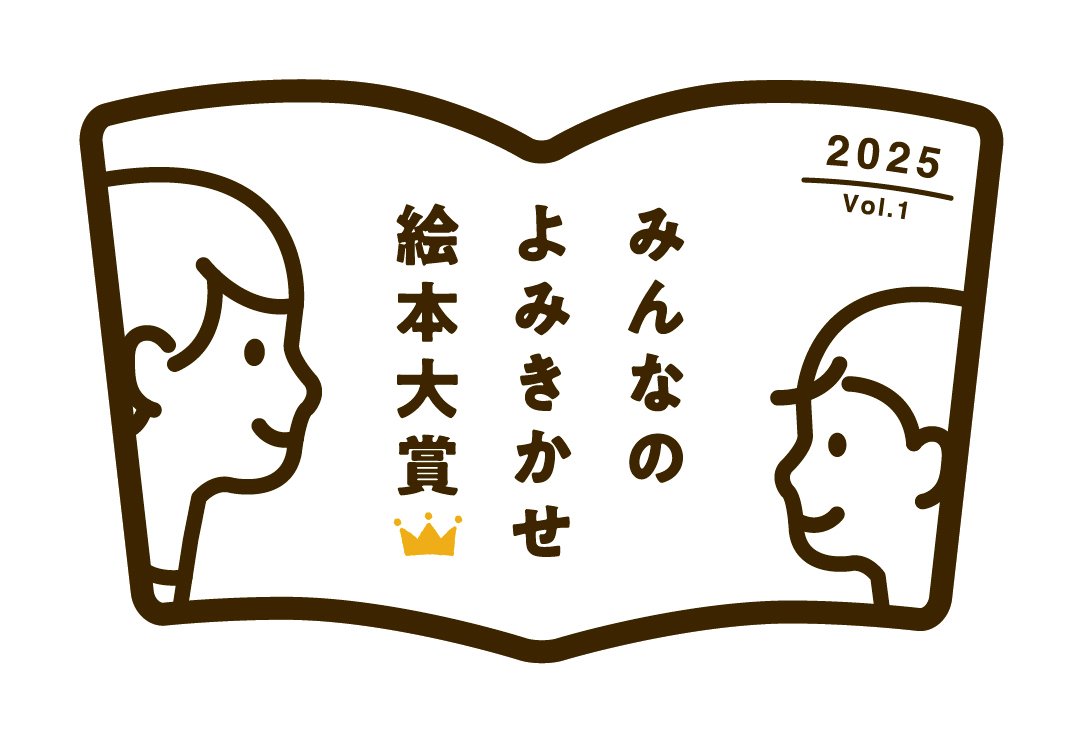2030 Goals for CO・OP Brand Products
2021.07.13
JCCU has also set "2030 Goals for CO・OP Brand Products" in conjunction with the formulation of the "Consumer Co-op 2030 Environmental Sustainability Policy". These goals set out JCCU's sustainable procurement targets for 2030 for various raw materials and others, such as agricultural and fishery resources, paper and pulp, palm oil, plastics, and food losses.
In the future, JCCU will work with consumer co-ops nationwide to spread the use of ethical consumption products and increase the number of consumers who are sympathetic to ethical consumption.
For your reference, the following is the status of our efforts in FY2020.
[Agricultural produce]
- Increase the ratio of procurement from producers who have introduced GAP shall be set at 100% for the specification-designated products that specify the place of origin of major agricultural raw materials and fresh agricultural products. Use GAP of the GFSI certification scheme for overseas agricultural products, and international-level GAP for domestic agricultural products. (Progress in FY2020: 62%) (value basis/monetary basis)
- Increase the proportion of organic JAS (Japanese Agricultural Standard) and Rainforest Alliance certified products among imported fresh agricultural products to 45% or more. (Progress in FY2020: 35%)(value basis/monetary basis)
[Fisheries]
With regard to specification-designated products and fresh marine products that use marine products as the main raw material, we will increase the share of supply value of products certified under the certification scheme approved by GSSI to 50% or more, with an emphasis on expanding MSC/ASC certified products. (Progress in FY2020: 12.2% (MSC 10.6%, ASC 0.8%, MEL 0.8%))
(value basis/monetary basis)
[Paper and pulp]
Procure 100% of paper used for CO・OP Brand Products (products, containers and packaging, and corrugated materials) from recycled or certified forest resources. (Progress in FY2020: 86.3%) (weight basis)
[Palm oil]
Procure 100% of the palm oil used in CO・OP Brand Products from certified sustainable palm oil sources, of which at least 50% will be physically certified palm oil. (Progress in FY2020: Achieved 100%*)
※Percentage of products using RSPO certified palm oil (total of B&C and MB) as raw material
[Plastics]
- Reduce the amount of plastic used in packaging materials by 25% compared to 2016.
- Promote the use of recycled plastics and plastics made from plant-derived materials, and increase the total use rate to 50% or more. (Progress in FY2020: Number of products using recycled plastic and plant-derived plastic for packaging materials: 239 products)
[Food loss]
Reduce food waste originating from CO・OP Brand Products by 50% or more compared to FY2018.
(Progress in FY2020: The amount of food waste was 62.4 tons.
The target was not achieved compared to FY2018.)
CO・OP Brand Products "Basic Policy on Responsible Procurement"
In June 2018, JCCU adopted the Co-op Action Plan for SDGs together with consumer co-ops nationwide, and has been promoting ethical consumption for CO・OP Brand Products.
The "Basic Policy on Responsible Procurement" for CO・OP Brand Products released this time aims to build "responsible procurement" that considers human rights and the environment, while cooperating with various stakeholders such as suppliers and NGOs in the process from the raw material procurement to the production of CO・OP Brand Products.
- Addressing Corporate Social Responsibility (CSR) issues in the product supply chain
- Expand handling of agricultural, forestry, and marine products produced in consideration of the environment and respect for human rights, as well as products made from such products
- Building collaborative relationships with producers and NGOs, and maintaining and improving sustainable production systems
- Dealing with plastic and paper issues
- Reduction of food loss
